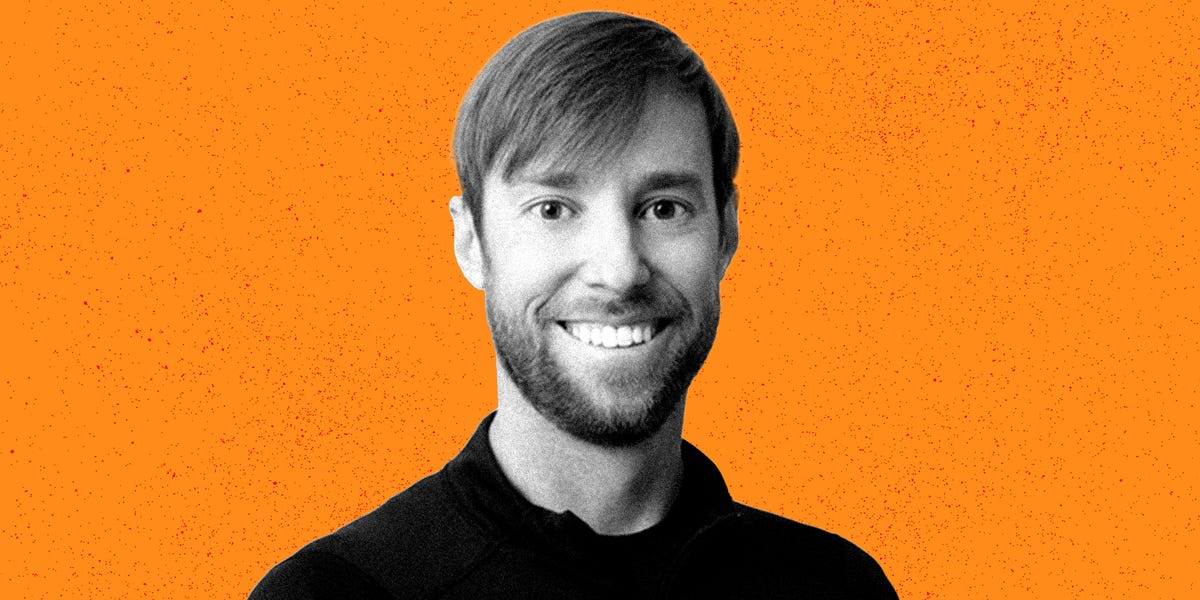Back in 2009, David Lieb had created a sensation with Bump, his wildly popular app that lets users share photos and contact info just by bumping their devices together. After he and a couple of buddies assembled the app during his early days in business school, its booming success led Apple to feature it in its “There’s an app for that” TV spot.
However, one night that summer, Lieb faced an unexpected crisis. Apple’s ad had aired during “Dancing with the Stars,” causing a stampede of downloads that crashed Bump’s servers. Lieb, having a background in semiconductors and not server management, reached out to his fellow Y Combinator founders for support. In half an hour, backup arrived from Alex Polvi and his team from Cloudkick, who swiftly brought the servers back online.
This event solidified Lieb’s belief in the true value of Y Combinator — not the money or the advice, but the fraternity of startup founders he was part of.
Lieb is now set to return the favor. After a year and a half of advising at the accelerator, he’s stepping up as a group partner, Y Combinator tells Business Insider exclusively. He joins a cadre of alumni, including Garry Tan, Jared Friedman, Harj Taggar, and Michael Seibel, who returned to shepherd the next generation of founders.
Their arrival comes when the accelerator’s value is hotly contested. People have debated if its standard deal — it takes 7% of the company for half a million in funding — is worth the dilution founders take. Plus, the advent of generative artificial intelligence has made it possible for builders to do more with less cash on hand. Sam Altman says it’s only a matter of time before one person builds a billion-dollar company.
As we usher in an era where founders go further with a copilot at their fingertips, will Y Combinator still prove its worth in sculpting billion-dollar moonshots?
This dispute misses the point for Lieb, who shares a deeper kinship to the program as an alum and a co-investor.
“Once you’re a YC founder, you’re always a YC founder,” Lieb said.
Y Combinator
From founder to Xoogler
Bump still managed to shine bright in a cohort that included heavy hitters like Patrick and John Collison’s Stripe and Suhail Doshi’s Mixpanel. Before the program was over, it had garnered tens of millions of downloads and funding from the who’s who of Silicon Valley. In 2011, Lieb’s old college comrade and cofounder, Jake Mintz, even landed a spot on Forbes’ “30 Under 30” list alongside Kevin Systrom.
While riding this wave of success, the company launched another app, Flock. This app nudged users to share photos with their Flock friends, who snapped photos at the same time and place.
However, Bump’s golden run hit a speed bump. Flock turned out to be a dud. Bump, while still popular, didn’t have a revenue model. Lieb recalls, “We had this weird dichotomy where like we have the most popular app in the world and no plan for how we’re ever going to make money.” Investors lost interest.
For Flock to work, you had to persuade your friends and family to download the app. This hang-up led Lieb to realize that a stand-alone app wasn’t the answer to simplifying photo sharing. The solution had to become the camera roll itself.
So, in just a week, Lieb and his team, including tech maestro and cofounder Andy Huibers, whipped up an app dedicated to managing photos. In this way, the new app was Bump’s Hail Mary pass. And it caught Google’s attention.
So we redesigned Flock to make it a photo gallery app first, and sharing app second. We called the new version Photoroll.
It was never released, but many of the ideas would later come back in the form of Google Photos. pic.twitter.com/72m2YgJZq8
— David Lieb (@dflieb) October 13, 2018
In 2013, Google acquired Bump. Though Bump and Flock were shut down, the yet-to-be-released camera roll app became the basis for Google Photos. Lieb became its product lead, and a year and a half later, he took the stage at Google I/O, the tech giant’s annual developers conference in San Francisco, to show off the all-new Google Photos. It was a runaway hit, reaching 1 billion users in merely four years.
Lieb stayed nine years at Google, as did many of Bump’s former employees.
He put his Google paycheck to good use, helping other startups prosper. His first spark of angel investing ignited at a wedding, where he met a guest working on a logistics solution. “That turned out to be Ryan Peterson from Flexport,” Lieb said. From there, he reached into the Y Combinator alumni network to find other promising upstarts. Lieb’s portfolio now boasts tech darlings like Rippling, Tally, Skydio, and Rewind.ai.
“You find that of all these people that are just your friends,” Lieb said, “some fraction of them turn out to start billion-dollar companies.”
How beating cancer brought Lieb back to Y Combinator
Three years ago, Lieb was a new parent feeling run down. He went to a One Medical office to get some routine lab tests done. The next day, he got a call from a corporate dispatcher telling him he needed to go to the hospital urgently. The doctors told Lieb he had leukemia.
“I basically told my team at Google, ‘Hey guys, sorry, but I’m going to be gone for a year or forever. See you,'” Lieb said. “And so I just disappeared and I focused on that, and I was thankful enough to be able to beat it.” He’s now in remission.
Returning to Google, though, sparked a realization. The endless conference room meetings had taken over the hands-on product building he craved, while his team had done just fine in his absence. He questioned what he truly wanted.
“Now I get this bonus lifetime,” Lieb recalls. “How do I want to spend it?”
Y Combinator
A simple litmus test emerged. He asked what thrilled him the most during his workday. More often than not, it was the golden hour spent interacting with the founders he had backed or ones from the accelerator where he started.
Then it clicked. Lieb said, “I should work at YC.”
Lieb came back into the fold as a visiting partner: a short-term, full-time role that gives seasoned operators a chance to embed with a batch and decide if the accelerator is a good fit.
In the last year and a half, Lieb’s locked arms with founders building everything from a platform for hosting open-source large language models to a white-glove sales tax service for e-commerce stores to back-office software for liquor stores.
On Tuesday nights, he’s in the bustling mess hall of Y Combinator’s grand new hub in San Francisco. Surrounded by the energetic pulse of founders and partners sharing a meal, engaged in vigorous demos and discussions about the latest ideas, Lieb feels right at home.
“This,” he said, “is where I want to be.”
Are you a startup founder or someone with a tip or insight to share? Contact Melia Russell at mrussell@insider.com or on secure messaging app Signal at 603-913-3085. Reach out using a non-work device.




